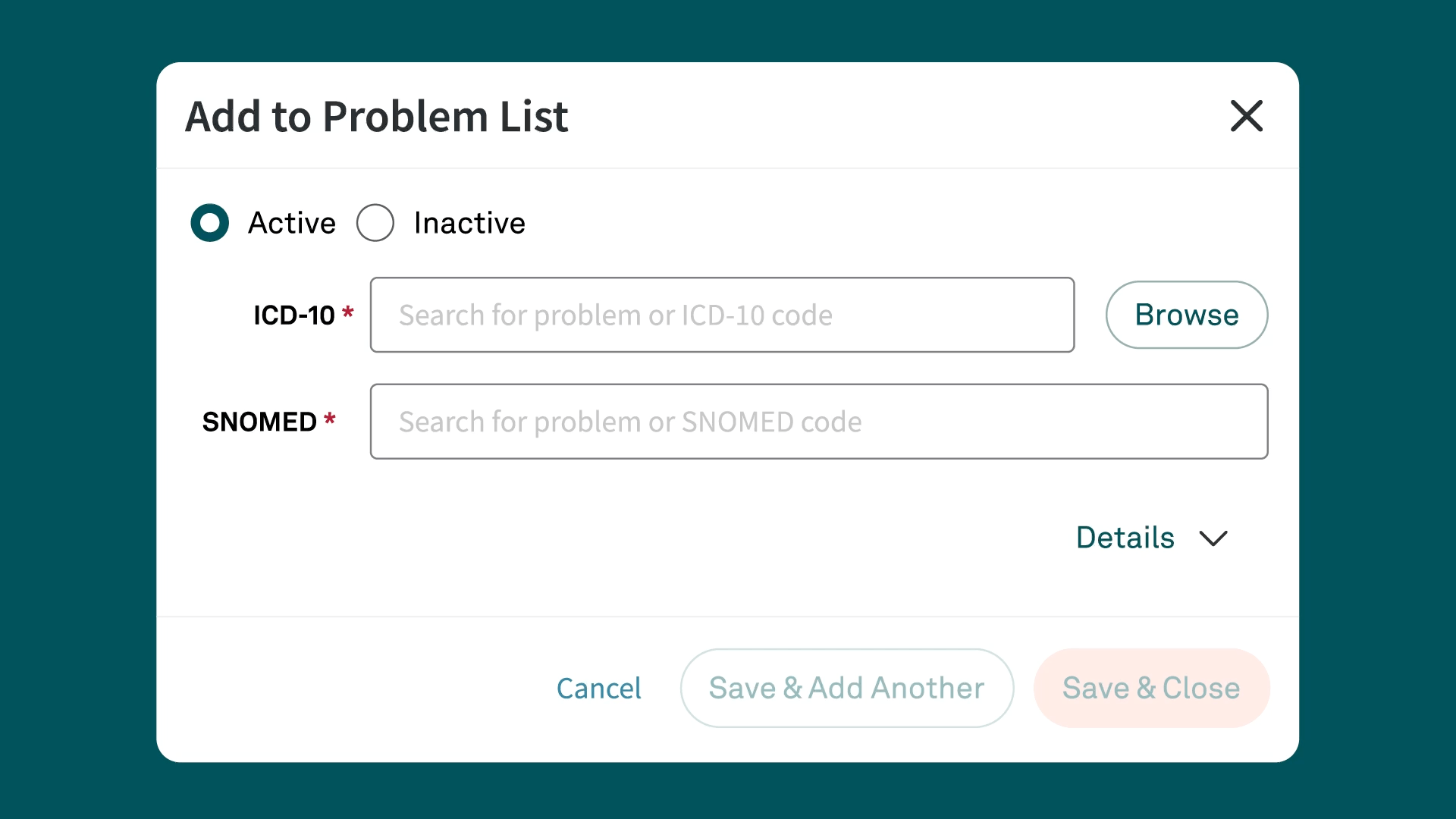ICD-10 Code R94.5
Abnormal results of liver function studies
What is the code R94.5?
R94.5 is an ICD-10-CM code that indicates “abnormal results of liver function studies.” This code is assigned when laboratory tests related to liver function yield results outside the normal range. These tests typically measure levels of enzymes, proteins, and substances such as bilirubin in the blood, which help assess the liver's performance and detect potential liver-related conditions.
Download your free resource now
Access it instantly — just complete the form

Detailed description of R94.5
R94.5 belongs to the category of abnormal clinical and laboratory findings, not elsewhere classified. It specifically pertains to liver function test anomalies, which can arise from various liver conditions, including hepatitis, cirrhosis, liver tumors, or bile duct obstructions. Liver function tests (LFTs) include measurements of enzymes like alanine transaminase (ALT), aspartate transaminase (AST), alkaline phosphatase (ALP), and bilirubin levels. Abnormal results in these tests can indicate liver damage, inflammation, or dysfunction, necessitating further diagnostic evaluation and management.
Symptoms commonly associated with R94.5
While R94.5 itself does not describe symptoms, it relates to underlying liver conditions that may present with various clinical features. Common symptoms associated with liver dysfunction include:
- Jaundice (yellowing of the skin and eyes)
- Fatigue and weakness
- Abdominal pain and swelling
- Nausea and vomiting
- Dark urine and pale stool
- Itching (pruritus)
- Unexplained weight loss
These symptoms, combined with abnormal liver function tests, can guide healthcare providers in identifying the underlying cause and determining appropriate treatment.
Related and similar ICD-10 codes
Several ICD-10 codes are related to abnormal liver function tests and liver conditions, including:
- K70.0: Alcoholic fatty liver
- K74.60: Unspecified cirrhosis of liver
- B18.2: Chronic viral hepatitis C
- K76.9: Liver disease, unspecified
- R94.6: Abnormal results of thyroid function studies
These codes can be used in conjunction with or as alternatives to R94.5, depending on the specific diagnosis and clinical findings.
Appropriate usage and guidelines for R94.5
When coding with R94.5, it's important to follow these guidelines:
- Documentation: Ensure that abnormal liver function test results are documented as such in the assessment and plan portion of the note. Do not assign this code from a lab value alone.
- Specificity: Use R94.5 only when the abnormal test results do not have a more specific diagnosis code. If a specific liver condition is identified, use the corresponding ICD-10 code instead. Also code any additional associated symptoms documented.
- Follow up: Abnormal liver function tests often require follow-up tests or additional diagnostic procedures to determine the underlying cause. This code may be used as the indication for additional testing.
Common pitfalls in coding with R94.5
Several common pitfalls can occur when coding with R94.5:
- Lack of specificity: Using R94.5 when a more specific diagnosis code is available can lead to inaccurate coding and billing.
- Incomplete documentation: The provider must specifically state that the test is abnormal in the assessment and portion of the note. A code should not be assigned from a lab value alone.
- Overlooking related conditions: Not considering related or underlying conditions that may require their own specific ICD-10 codes can lead to incomplete coding.
Key resources for R94.5 coding
Several resources can assist in accurate coding and documentation for R94.5:
- ICD-10-CM Official Guidelines for Coding and Reporting: These guidelines provide comprehensive instructions for using ICD-10 codes.
- Professional coding organizations: Organizations like the American Health Information Management Association (AHIMA) and the American Academy of Professional Coders (AAPC) offer educational resources, certifications, and support for medical coders.
- Centers for Medicare & Medicaid Services (CMS): CMS offers a wealth of resources and updates on coding practices, including webinars, manuals, and bulletins.
- Liver disease organizations: Organizations such as the American Liver Foundation offer clinical guidelines and resources on liver conditions.
Conclusion
R94.5 is a valuable ICD-10 code for indicating abnormal liver function test results, which can signify various liver-related conditions. Accurate coding and thorough documentation help ensure effective patient management and appropriate billing. By understanding the guidelines, avoiding common pitfalls, and using key resources, healthcare providers and coders can ensure precise and efficient use of the R94.5 code.
Simplify ICD-10 code documentation with Tebra
Tebra’s EHR+ gives you quick searches and Systematized Nomenclature of Medicine (SNOMED) field names for efficient code documentation. Plus, Tebra automatically saves ICD-10 to SNOMED mapping for future searches, streamlining your workflow.

Discover how Tebra helps providers effortlessly document health-related issues and conditions in this detailed post.
Similar Codes
Stay Ahead with Expert Healthcare & Billing Insights
Get the latest industry updates, financial tips, and expert strategies — delivered straight to your inbox.

